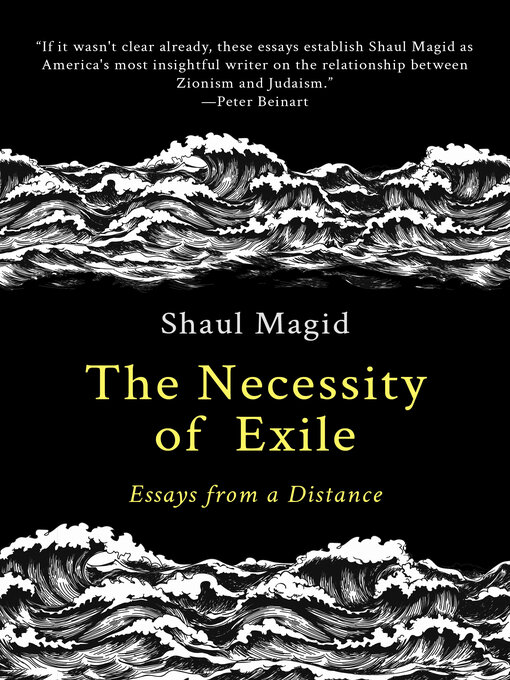- IT'S YOUR LUCKY DAY !
- Available now
- New eBook additions
- New kids additions
- New teen additions
- Most popular
- Try something different
- Too hot to hold
- Deaf Culture Library
- See all ebooks collections
- Available now
- New audiobook additions
- New kids additions
- New teen additions
- Most popular
- Try something different
- IT'S YOUR LUCKY DAY !
- See all audiobooks collections

